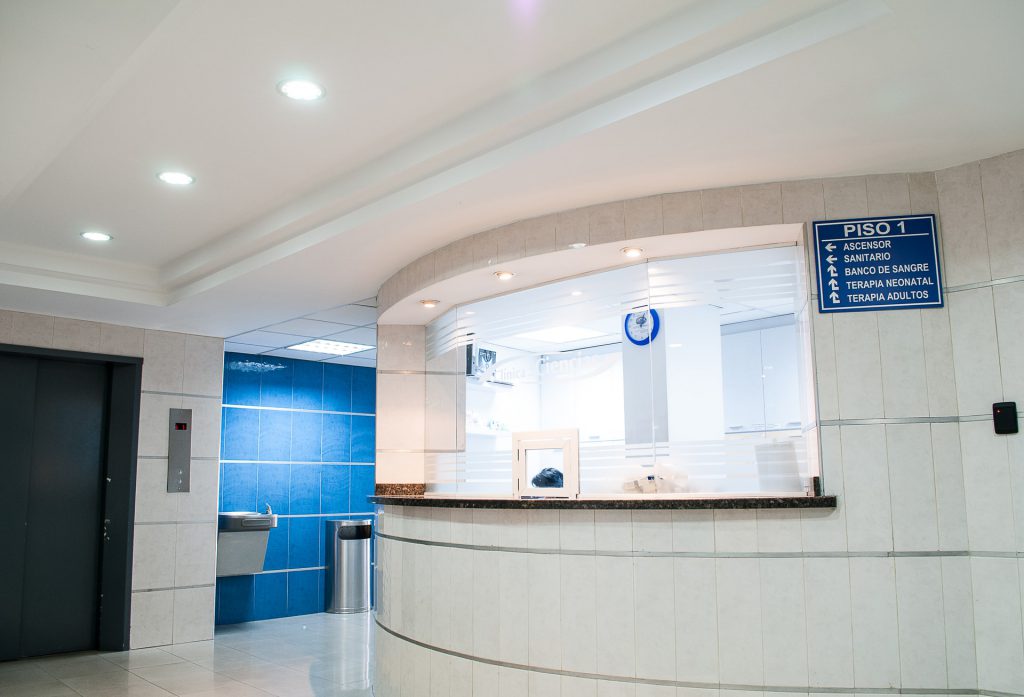In addition to academic achievement and entrance exam scores, it is important to remember you are preparing for a career in the health professions. When thinking about your activities and experiences, you must go beyond what “looks good” on an application. A truly prepared applicant is one who has demonstrated the qualities, characteristics, and core competencies of a successful healthcare professional through participation in meaningful experiences.
HOLISTIC PREPARATION
Professional schools in health and medicine expect applicants to demonstrate growth and experience in four areas:
- Academics
- Clinical
- Service
- Research (not required, though it provides helpful experience)
These four key areas of preparation are critical to a successful application process. There is no checklist of activities required in each of these categories. Your experiences in the areas will depend on your own personal interests and passions.
CORE COMPETENCIES
The medical school admission process utilizes a Holistic Review which entails the core competencies. While these core competencies have been endorsed by the AAMC Group on Student Affairs Committee on Admissions to indicate a student’s preparedness for medical school, it is helpful to applicants in all health professions. Developing these characteristics takes time and effort. Students should explore campus and community involvement opportunities to gain valuable leadership and interpersonal experiences. Explore your interests — not all of your activities need to be health-related!
Professional
Commitment to Learning and Growth: Practices continuous personal and professional growth for improvement, including setting and communicating goals for learning and development; reflects on successes, challenges, and mistakes; pursues opportunities to improve knowledge and understanding; and asks for and incorporates feedback to learn and grow.
Cultural Awareness: Appreciates how historical, sociocultural, political, and economic factors affect others’ interactions, behaviors, and well-being; values diversity; and demonstrates a desire to learn about different cultures, beliefs, and values.
Cultural Humility: Seeks out and engages diverse and divergent perspectives with a desire to understand and willingness to adjust one’s mindset; understands a situation or idea from alternative viewpoints; reflects on one’s values, beliefs, and identities and how they may affect others; reflects
on and addresses bias in oneself and others; and fosters a supportive environment that values inclusivity.
Empathy and Compassion: Recognizes, understands, and acknowledges others’ experiences, feelings, perspectives, and reactions to situations;
is sensitive to others’ needs and feelings; and demonstrates a desire to help others and alleviate others’ distress.
Ethical Responsibility to Self and Others: Behaves with honesty and integrity; considers multiple and/or conflicting principles and values to inform decisions; adheres to ethical principles when carrying out professional obligations; resists pressure to engage in unethical behavior; and encourages others to behave honestly and ethically.
Interpersonal Skills: Demonstrates an awareness of how social and behavioral cues affect people’s interactions and behaviors; adjusts behaviors appropriately in response to these cues; recognizes and manages one’s emotions and understands how emotions impact others or a situation;
and treats others with dignity, courtesy, and respect.
Oral Communication: Effectively conveys information to others using spoken words and sentences; actively listens to understand the meaning and intent behind what others say; and recognizes potential communication barriers and adjusts approach or clarifies information as needed.
Reliability and Dependability: Demonstrates accountability for performance and responsibilities to self and others; prioritizes and fulfills obligations
in a timely and satisfactory manner; and understands consequences of not fulfilling one’s responsibilities to self and others.
Resilience and Adaptability: Perseveres in challenging, stressful, or ambiguous environments or situations by adjusting behavior or approach in response to new information, changing conditions, or unexpected obstacles, and recognizes and seeks help and support when needed; recovers from and reflects on setbacks; and balances personal well-being with responsibilities.
Service Orientation: Shows a commitment to something larger than oneself; demonstrates dedication to service and a commitment to making meaningful contributions that meet the needs of communities.
Teamwork and Collaboration: Collaborates with others to achieve shared goals and prioritizes shared goals; adjusts role between team member and leader based on one’s own and others’ expertise and experience; shares information with team members and encourages this behavior in others; and gives and accepts feedback to improve team performance.
Thinking & Reasoning
Critical Thinking: Uses logic and reasoning to identify the strengths and weaknesses of alternative solutions, conclusions, or approaches to problems.
Quantitative Reasoning: Applies quantitative reasoning and appropriate mathematics to describe or explain phenomena in the natural world.
Scientific Inquiry: Applies knowledge of the scientific process to integrate and synthesize information, solve problems and formulate research questions and hypotheses; is facile in the language of the sciences and uses it to participate in the discourse of science and explain how scientific knowledge is discovered and validated.
Written Communication: Effectively conveys information to others using written words and sentences.
Science
Human Behavior: Applies knowledge of the self, others, and social systems to solve problems related to the psychological, socio-cultural, and biological factors that influence health and well-being.
Living Systems: Applies knowledge and skill in the natural sciences to solve problems related to molecular and macro systems including biomolecules, molecules, cells, and organs.
GAIN THE EXPERIENCE YOU NEED
ACADEMICS

When considering candidates for admission, health and medicine professional schools consider applicants holistically. Admissions decisions may be based upon their assessment of you in various areas of competency, one of which is academic performance.
CLINICAL

Clinical experience can help you learn more about careers in the health and medicine professions, determine whether healthcare is the right fit, and demonstrate your commitment to pursing a particular profession. It is critical that you learn as early as possible about today’s health care delivery system through continuous exposure to the clinical setting.
SERVICE

Involvement in community service experiences is an important factor considered by admissions committees. The health profession is a helping industry, and participating in volunteer experiences shows your initiative and commitment to your community.
RESEARCH

All health and medicine students should consider exploring research opportunities. Research requirements vary depending on the health and medical profession and professional school you are interested in. Experiences in research can vary in setting and topic. K has many opportunities to be involved in meaningful research on campus.
